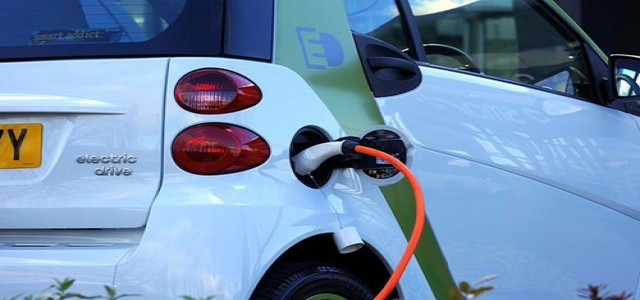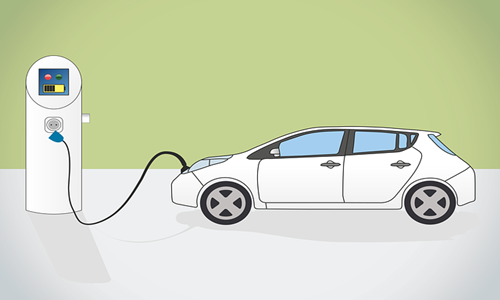The Government of Korea is reportedly urged to modify the existing state subsidy plan for electric vehicles (EVs) to provide greater benefits to made-in-Korea automobiles, as China and many other nations do for their vehicles, say experts.
The contentious Inflation Reduction Act (IRA), a U.S. stimulus measure wherein Korean EVs as well as batteries will have their tax credits refused or drastically reduced, is what underpins the recommendation's protectionist leanings.
They claim that, as seen by the grant program's price- and fuel-efficiency-based criteria, Korea is the only major EV producer that fails to safeguard domestic players.
Following a careful examination of similar policies in European nations, as well as Japan and China, experts argue that the indiscriminate use of taxpayer funds to boost the sales of foreign-made EVs requires quick reconsideration.
As a growth tactic that avoids lawsuits resulting from violations of international trade agreements, Korea's rivals in the global market give higher subsidies to certain domestically made models with a competitive edge.
Korea Automobile Manufacturers Association's official claimed that foreign-made EVs is growing at the cost of local players. The current plan is primarily focused on improving infrastructure and accessibility for EV drivers with little to no attention paid to fostering domestic electric vehicles and EV battery makers.
The association's data shows that sales of China-made EVs, including buses and cargo trucks, surged to 1,351 in the first half, an eight-fold increase compared to last year. Also, China's market share for EVs in Korea increased from 1.1% to 6.8% in the same time frame.
China had a sharp increase in market share for electric buses over the past few years, reaching a total of 48.7% in the first half of this year. This expansion was fueled by their larger batteries, which ensure a longer driving range.
In the first half of this year, Korea spent 79 billion won ($5.7 million) on Chinese electric buses subsidies, almost as much as the 112 billion won ($ 8.1 million) provided for locally purchased ones.
Source credit: https://www.koreatimes.co.kr/www/tech/2022/09/419_335659.html








